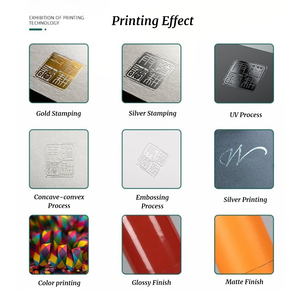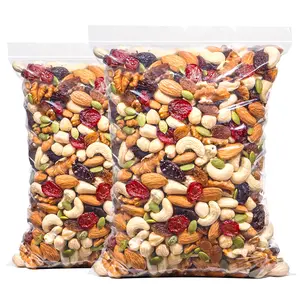Understanding Peanut Butter Labels
Peanut butter labels are an essential component of the packaging that not only provide crucial information about the product but also serve as a branding tool for manufacturers. With the rise of health-conscious consumers and the diversification of peanut butter options, having clear and attractive labels is more important than ever. They capture the attention of potential buyers, convey valuable details about the product, and ensure compliance with food labeling regulations.
Types of Peanut Butter Labels
- Nutritional Information Labels: These labels provide details on calories, fat content, protein, and other vital nutrients, helping consumers make informed choices.
- Ingredient Labels: Transparent ingredient lists highlight the components used in the peanut butter, such as peanuts, oils, and additives, appealing to consumers who prioritize natural ingredients.
- Branding Labels: These focus on the brand's identity and design aesthetics, featuring logos, colors, and taglines that reflect the product's essence and quality.
- Allergen Warnings: Essential for consumer safety, these labels notify potential allergies, especially given that peanuts are a common allergen.
Features of Peanut Butter Labels
- Durability: Labels need to be resilient against moisture and oil to ensure longevity and clarity throughout the product's shelf life.
- Readability: Clear fonts and contrasting colors aid in easy reading, which is crucial for consumers, especially when it comes to nutritional information and allergen warnings.
- Eco-Friendly Options: Many manufacturers are moving towards sustainable materials for labels, appealing to eco-conscious consumers.
- Adhesive Quality: High-quality adhesive ensures labels remain securely on jars, preventing any peeling or detachment that could lead to misbranding.
Advantages of Effective Peanut Butter Labels
- Consumer Trust: Transparent labeling fosters trust and loyalty among customers, as they appreciate clarity regarding the product's contents.
- Brand Recognition: Well-designed labels enhance brand recognition, making it easier for consumers to locate their favorite products in a crowded market.
- Compliance with Regulations: Properly formatted labels ensure compliance with dietary guidelines and labeling requirements, avoiding potential legal issues.
- Marketing and Promotion: Engaging labels can attract attention and promote the product's unique features, such as organic ingredients or low-sugar content, effectively boosting sales.










































































































































































































































































 浙公网安备 33010002000092号
浙公网安备 33010002000092号 浙B2-20120091-4
浙B2-20120091-4